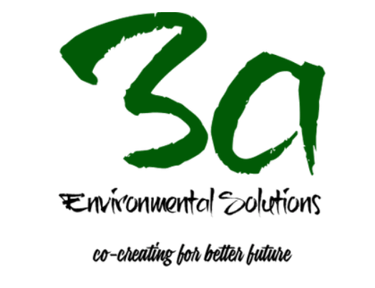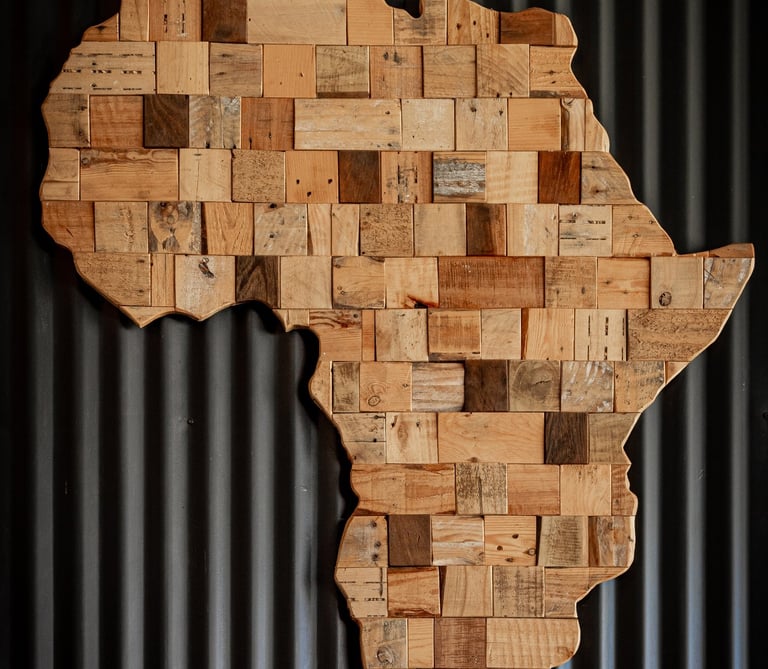

PROJECTS


OUR
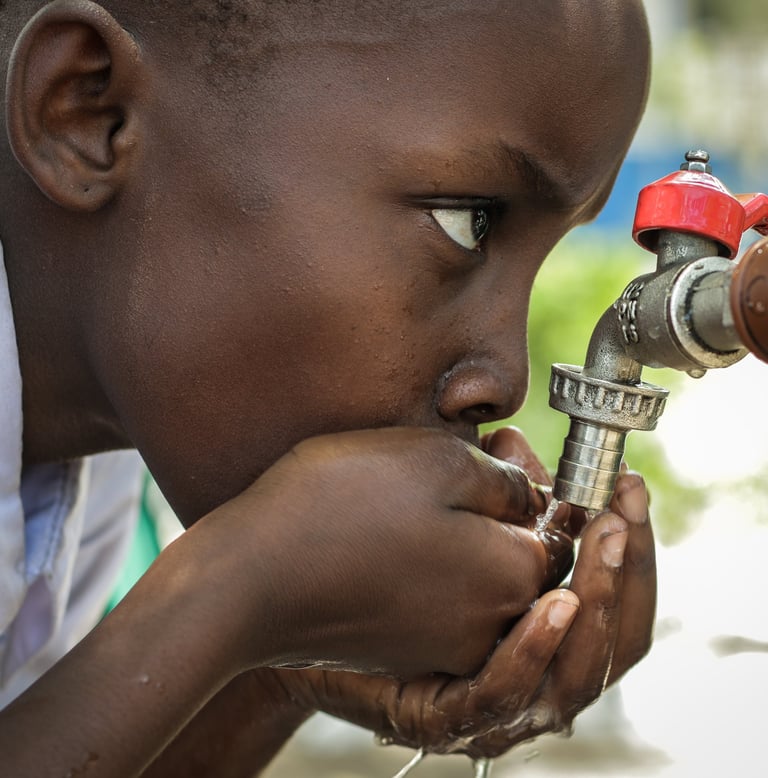

Affordable Water Harvesting Project:
According to DFID report 2005, northern Ghana has not produced the key export commodities, has received much lower inflows of remittances, and participated much less in trading activities compared to the south. These are the major factors explaining the poor growth performance of Northern Ghana. A significant proportion (around half or more) of its population is extremely vulnerable and food insecure. A substantial majority remains poor. One of the inhibitors in this regard is access to sufficient, clean drinking water supply which is important in answering some of the problems of food insecurity. Though works by government and organisations to bring potable water to the poorer people of the nation is ongoing, the situation is still dire. The reasons are many and varied but generally speaking, the poor in our society cannot afford the capital intensive and technically complex traditional water supply systems which are widely promoted by governments and agencies throughout the world. However, little attention has been paid to Domestic Rainwater Harvesting, a traditional practice in the country many centuries ago. The drive is enormous to improve and innovate this practice to serve us better especially in Northern Ghana where water is a major problem. Sadly, the practice has not been given the urgent attention it deserves. This is not the case as considering the general norm of supplying water to the poor in the North is sinking of boreholes. As the population continues to increase, there is fear that too many boreholes sunk in one community could lead to some drying up.
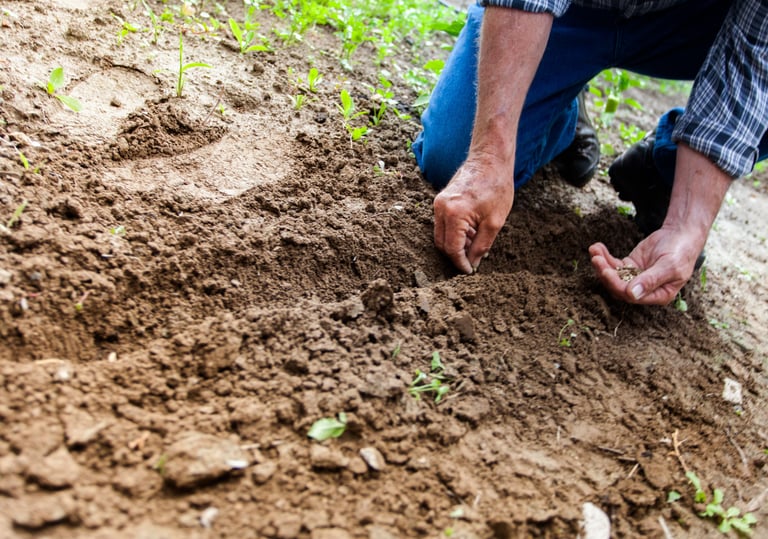

Decision Support Tool for Rural Farmers:
Agriculture contributes about 50% of the labour force and 42% to the GDP in the country. Over the years, the impact of climate change (e.g. floods and drought) has robbed farmers of their farm produce leading to increased risk of food insecurity.The question is how can rural farmers be supported to understand variability of climate conditions? To this challenge, this project is working to establishing a decision support system that would continuously inform rural farmers on climate variability with the aid latest earth observation techniques
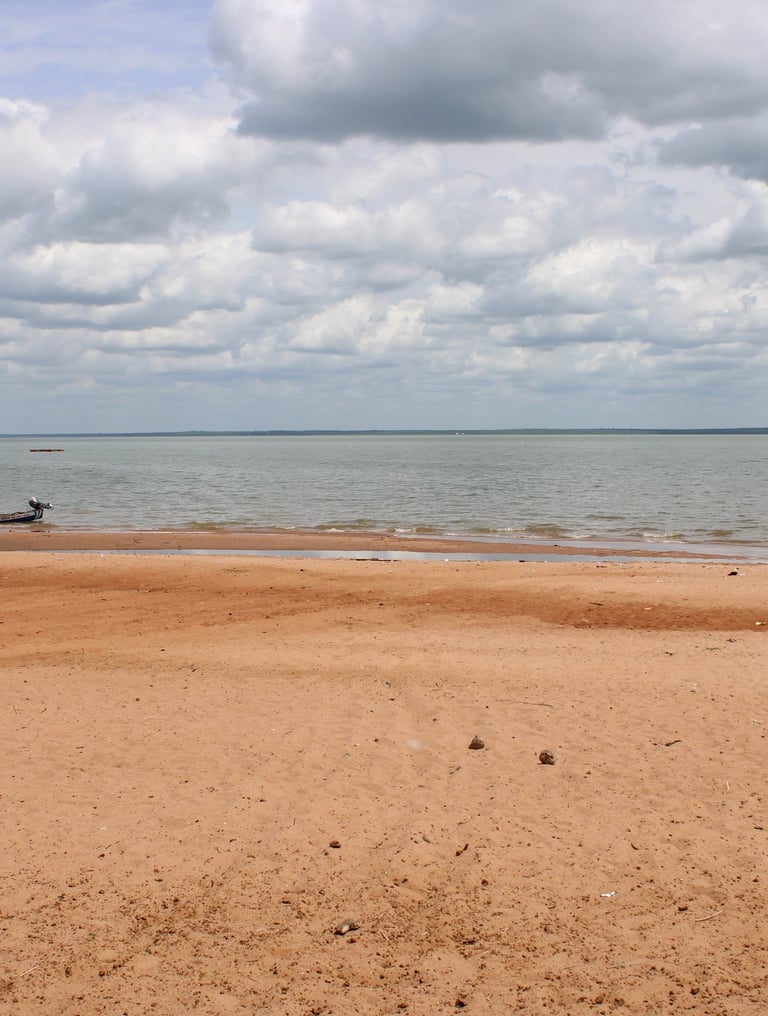

Capacity building on Water, Environmental, Health and Energy Issues:
Training programmes in the form of conferences and workshops are organized to educate communicates on issues related to water, health, environment and renewable energy use and management. Projects undertaken under this category include the following:Vulnerability Mapping of Resources in Northern Ghana: This was supported by Planet Action International.
Equity and Sustainability Field Hearings. This survey was conducted in Ghana with support from the Initiative for Equality (IfE) to:
1. Continue the global dialogue on the human future, drawing in the ideas of all people (not only highly educated people, business people, or decision-makers).
2. Reach and amplify local voices in order to create opportunities for all people to say what "sustainable societies" should mean.
3. Channel the input of people into the Sustainable Development Goals process.
4. Ensure that the subject of equity and equality is addressed in the Sustainable Development Goals process.
5. Reach out to organizations and communities around the globe in order to build the movement for greater social and economic equality.
Water and Sanitation Mapping in Nanton
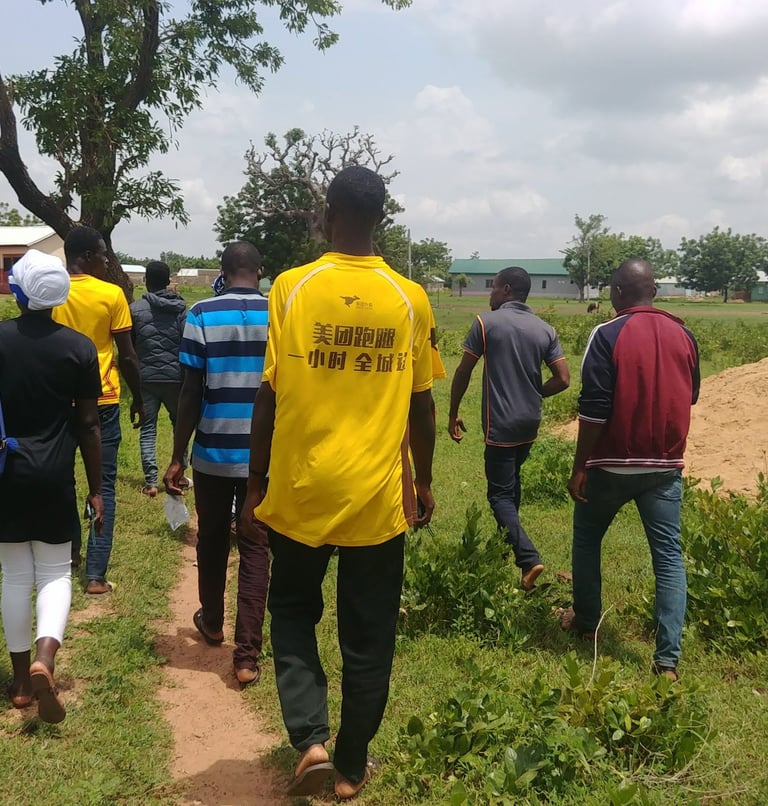

Water and Sanitation (Watsan ) Mapping is a community-based approach of identifying critical issues relating to the provision of water and sanitation facilities.. It is a home-grown approach of unveiling the quality, quantity, and efficiency of the management systems in providing access to WASH facilities in the Nanton district. The survey was conducted using the Computer Assisted Personal Interviews (CAPI) programmed, a data collection tool app, deployed on mobile phones and tablets. For easy management, the study was conducted along the 17 demarcated electoral areas within the Nanton district.The survey, which covered a total of 1,419 individual respondents, centred on household mapping; borehole mapping; WSMTs communities; sanitation mapping; latrine census; and functionality of water facilities within the district.
Climate Change Initiative at Goaso and Western North
We have made quality our habit. It’s not something that we just strive for – we live by this principle every day.
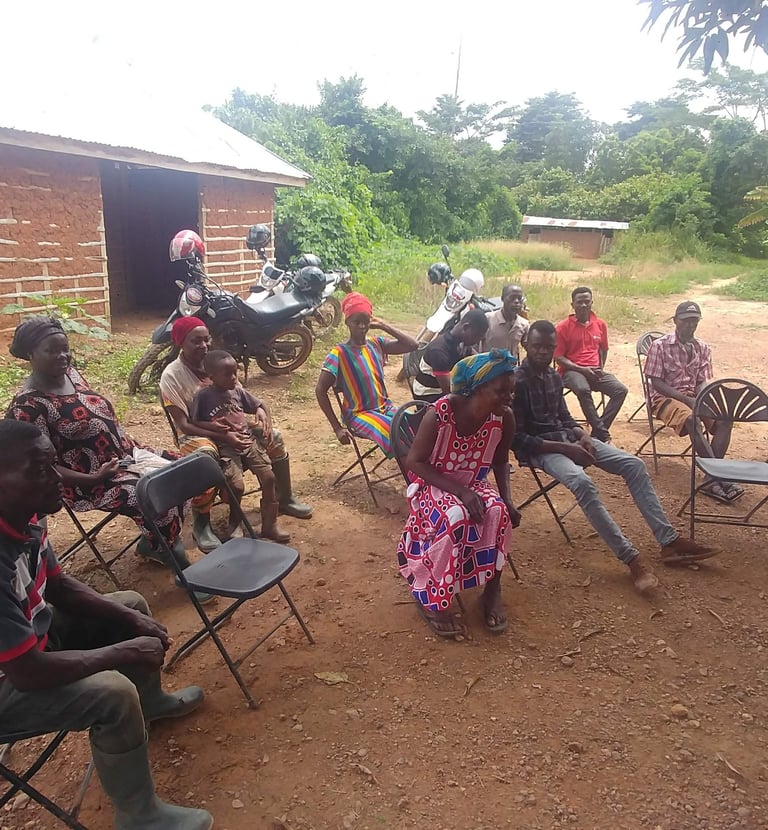

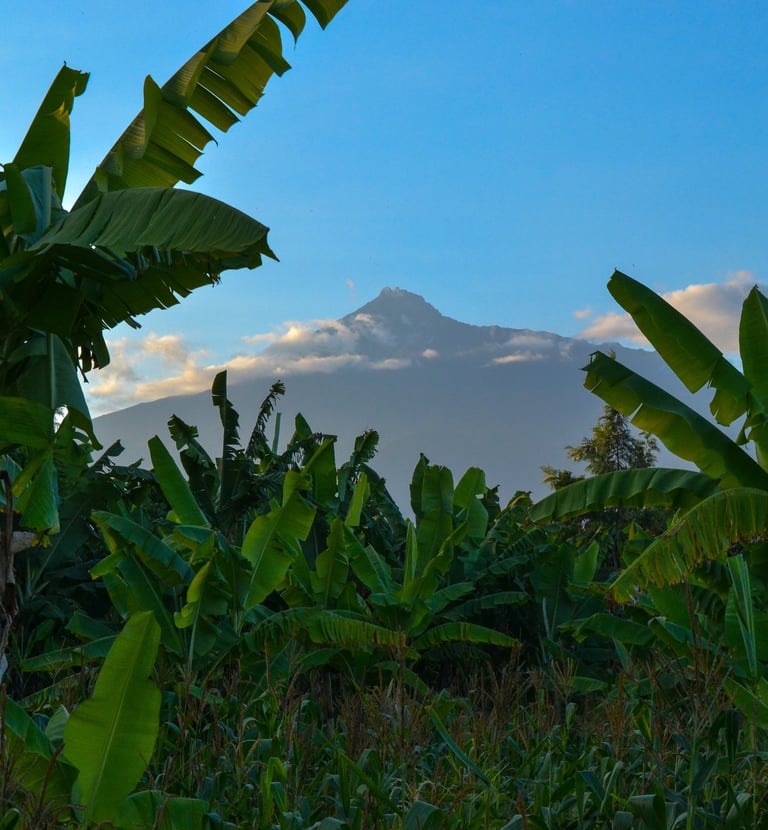

CONTACT US
If you're interested in hearing more about the way we work, have a business proposal, or are interested in making a purchase, we'd love to hear from you.
CONTACTS
+233 242102783
+233 549921188
Email: info@3aes.org
ADDRESS
BS-0004-3021
PMB, Sunyani Bono Region,
P.O. BOX SY 1775
